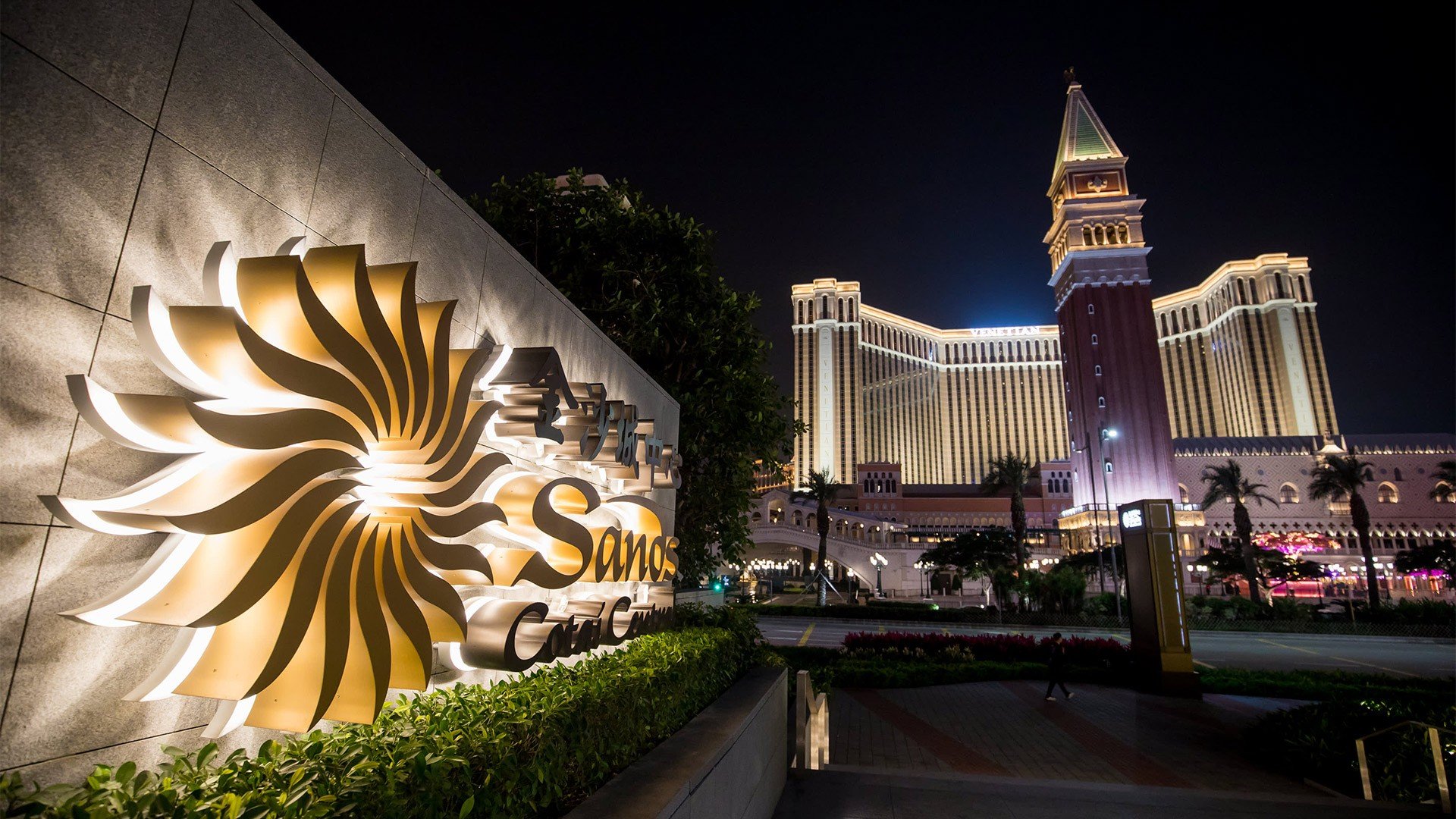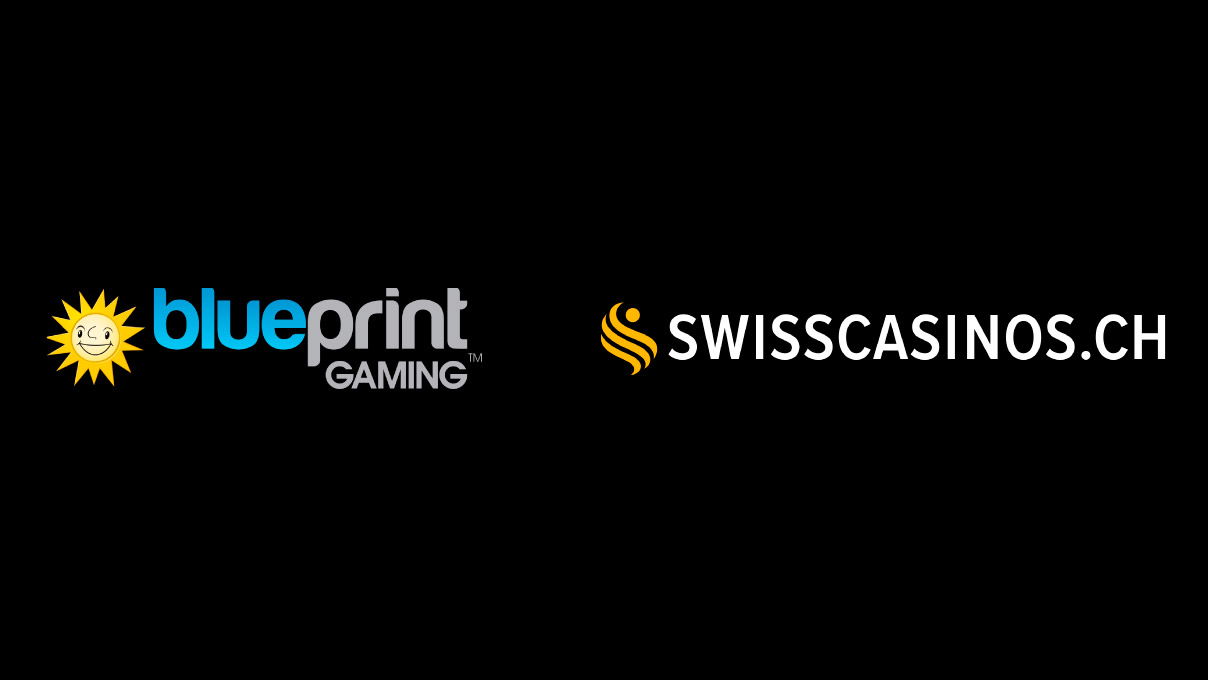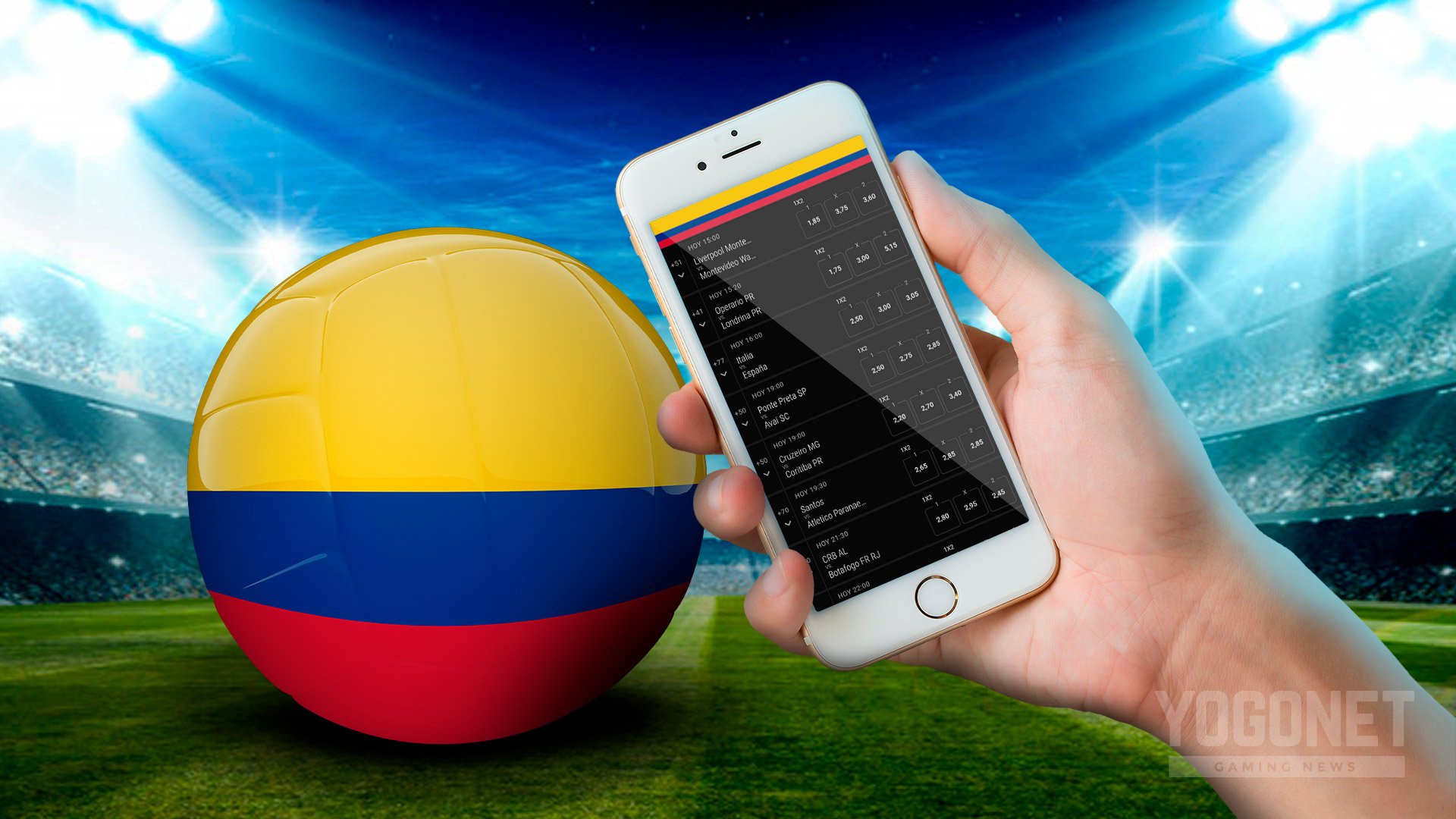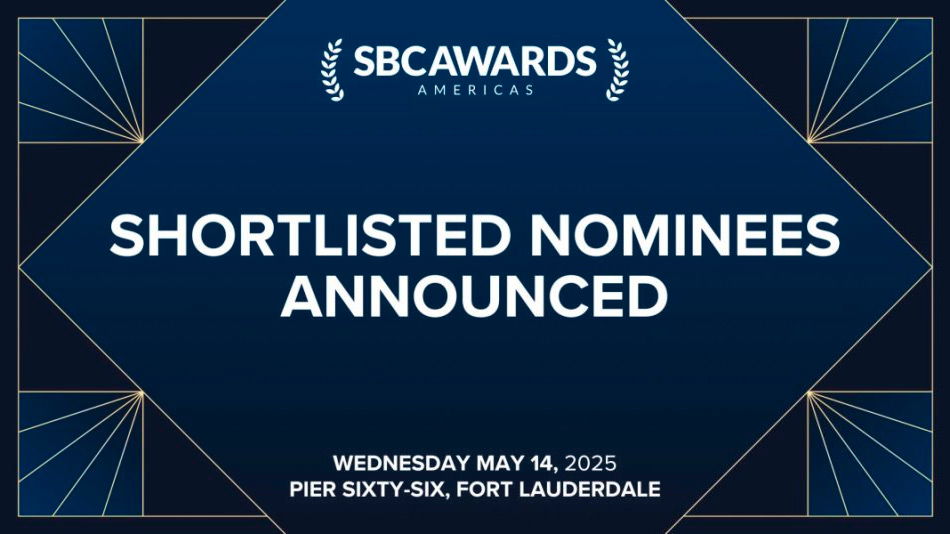Kindred US: "We have deals in place for conditional access in 5 other states"

Unibet has recently expanded its sponsorship with the Philadelphia Eagles to include the Official Sportsbook designation, enabled by the NFL offseason, and it also launched the first professional sports-themed casino games in the US with that team in Pennsylvania. What does this mean for your business, regarding your expansion across the growing US sports betting markets? Which particular effects do you think this closer business relationship with the NFL will bring both for Unibet and the sports betting market in general?
Partnering up with top local sports teams and leagues has been a key part of Unibet’s strategy in all our markets and will remain so in the US. The existing partnerships with New Jersey Devils, Philadelphia Eagles or Philadelphia Union have been an important part of our early success in the US and we are keen to continue to find exciting partnerships in the new States we are entering. The partnerships with the Leagues benefit both parties – the operators get access to official real-time data and opportunity to engage with the fans, while the Leagues get access to a reliable tool to secure the integrity of the game and offer exciting and engaging products to their fans. The partnerships between the Leagues and the (legal!) operators represent a massive opportunity for both parties.
What is the feedback and performance of these first three months in Indiana, where Unibet entered with the sports season just returning from the Covid-related shutdown? How would you assess the major sporting events return in terms of wagering activity?
Still very early days to make any conclusions. We are happy to be already in the 6th position (out of 9 sportsbooks) after only 2 months, however, there is a very long way to go to where we want to be. We see positive signs in terms of acquiring and retaining customers and increasing the turnover. We are confident we can continue to climb the ladder in the next months.
Could you share your overall assessment, new learnings and insights more than a year now from your first two US sports betting markets —Pennsylvania and New Jersey?
While we have been live in both States for approximately one year, the pandemic-caused interruption had a significant impact in the marketing strategy, leading to shifting the focus towards iGaming for the 2nd and a big part of the 3rd quarter. From sports betting perspective, the key learnings are that the DFS operators came strong out of the gate and their brand equity and customer base proved key to winning the early rounds, and secondly that in some cases State legislation must do a better job to protect the customers and the legal operators by creating the right operational framework i.e. limited competitors (see DC or Oregon), in-person registration (see Nevada), or minimum hold percentage (see Tennessee). That generally results in low channelization, less protection for the customers and less taxes for the State.
From customer perspective, we see mobile adoption accelerating much quicker than in other parts of the world, and players more comfortable to try new games and products. This will force operators to focus on innovating which will have a positive effect on the industry. The payments area has huge potential for improvement and seamless, mobile payment solutions (like we see in Europe) will remove deposit and withdrawal friction and optimize overall customer experience.
Tennessee sports betting went live this month, Virginia is set to launch next year, and the Nov. ballot brings others like Maryland. Do you think the pandemic is accelerating online gaming and sports betting legalization and openings across the country? Which existing, new or potential US markets are you focusing on these days, and where do you see growth potential?
The biggest surprise during the last 8 months is the fact that we did not see the expected acceleration in iGaming regulation – based on the positive signs from New Jersey and Pennsylvania, I would have expected other states to follow and put more focus to address the iGaming regulation. In terms of sports betting regulation, I don’t think that the pandemic played a significant part, but sports betting regulation momentum carried on from 2019. It is great to see new States’ efforts to accelerate the regulation and great to see States doing it in an optimal way that creates a competitive market, protects the customers, and secures valuable revenue for the State. I think Indiana is a great example of a good regulation that ticks all the boxes with a good understanding of digital customer needs. Regulatory requirements imposing in-person registration or maximum sports betting handles undermine the online user experience and play in the cards of offshore operators. We are hopeful these requirements will expire overtime, significantly increasing the potential of the regulated US sports betting market.
For Unibet, the immediate focus is to grow our presence in the Midwest region, following the Indiana launch in July this year, we will continue with Illinois and Iowa in the first half of 2021. Beyond that, we are hopeful that States like Ohio or Missouri will regulate in an optimal way.
Do you see new sports bettors profiles, demands, shifts between land-based and online, or even between different gambling verticals amid the pandemic? What trends and player behaviours have you seen in online casinos you operate? Have you seen an increased appetite from land-based operators to partner with Unibet, looking to boost their online offering?
The key difference between online and offline players is the way customers play – the online activity tends to be ‘snacking’ with shorter sessions, less rounds/events, quicker settlements (live betting, etc) while the retail session is longer, both for casino and sports betting, with customers playing more rounds, adding more events on their betting slip, etc. That is something key to consider when designing the products and the marketing activities around each vertical.
From an x-product activity perspective, we have seen a higher than usual x-sell to Casino during the pandemic – as expected. Both the lack of sports events as well as the closure of land-based casinos led to an impressive growth in iGaming in both New Jersey and Pennsylvania in Q2 and Q3. The positive learning is that after the reopening of brick & mortar casinos and restart of the sport season, we see the iGaming activity staying at high levels.
We are now live in 3 States in the US (New Jersey via Hard Rock, Pennsylvania via Mohegan Sun and Indiana via Caesars), have announced 3 more state partnerships (Iowa via Caesars and Illinois and Ohio via Penn National Gaming), and have deals in place for conditional access in 5 other States. We are in a very good position from market access perspective and we keep working and developing strong relationships with land-based operators across the country.















































